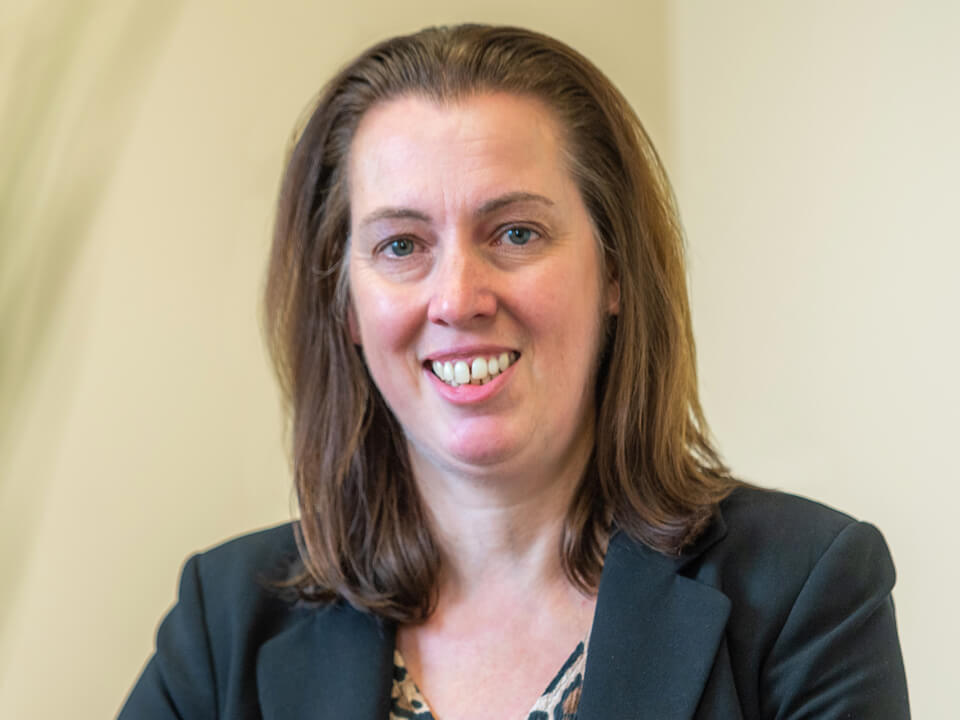Protecting your home from care home fees
As you grow older, one of the things you might be most concerned about is the entire value of your home disappearing on paying care home fees.
Care from the NHS is free, but if you need social care because you are physically or mentally frail, you will have to pay for it yourself.
Over recent years, fees for care homes have risen rapidly. Research has found that Britons pay £10.9 bn of their own money into privately funded care a year. According to market intelligence provider, LaingBuisson, the average bill was £844 a week in 2018, compared with £445 a week in 1998.
If you have more than £23,500 in property, savings and investments, you will have to pay the full cost of care yourself during your lifetime and, if necessary, from your estate after you have died. This may not leave much for your family to inherit. Help from the local authority is available but it is strictly means tested, which results in very few people qualifying for financial help. (The value of your home is not considered in your means test if you or your spouse or a dependant is living there).
To avoid paying for their social care in the future, some people take steps to get rid of all their assets but this may mean they could end up in a less luxurious care home than they had hoped for.
Is using a trust an option?
You may have heard of people protecting the value of their assets and property by putting them into a trust. If this is done before they go into care, the home is not part of their capital and they cannot be required to use it to fund their care fees. Great care needs to be taken, however, around the timing of this.The Local Authority can view such a step as ‘deprivation of assets’ if they feel the intention is to avoid paying care fees and refuse funding as a result.
If you are considering using a trust, it is vital to get professional advice from a solicitor and make sure it is suitable for your individual circumstances. In some cases, there might not have been much benefit. Your income might have been enough to pay most or all of your care fees anyway. The level of your other capital may have been enough to meet the shortfall between your income and the fees for the length of your stay in care.
There were plans for the government to bring in a cap of £72,000 for care home costs in 2020, but these have been scrapped. In the recent Spending Review, an additional £1 billion for adult and children’s social care was announced by Sajid Javid, although it is yet to be seen what that will mean in practice.
Subscribe to our newsletterPlease note that the information and opinions contained in this article are not intended to be comprehensive, nor to provide legal advice. No responsibility for its accuracy or correctness is assumed by Pearson Solicitors and Financial Advisers Ltd or any of its members or employees. Professional legal advice should be obtained before taking, or refraining from taking, any action as a result of this article.
This blog was posted some time ago and its contents may now be out of date. For the latest legal position relating to these issues, get in touch with the author - or make an enquiry now.




